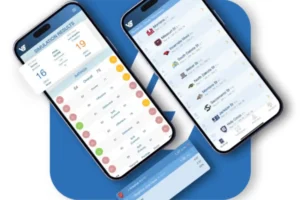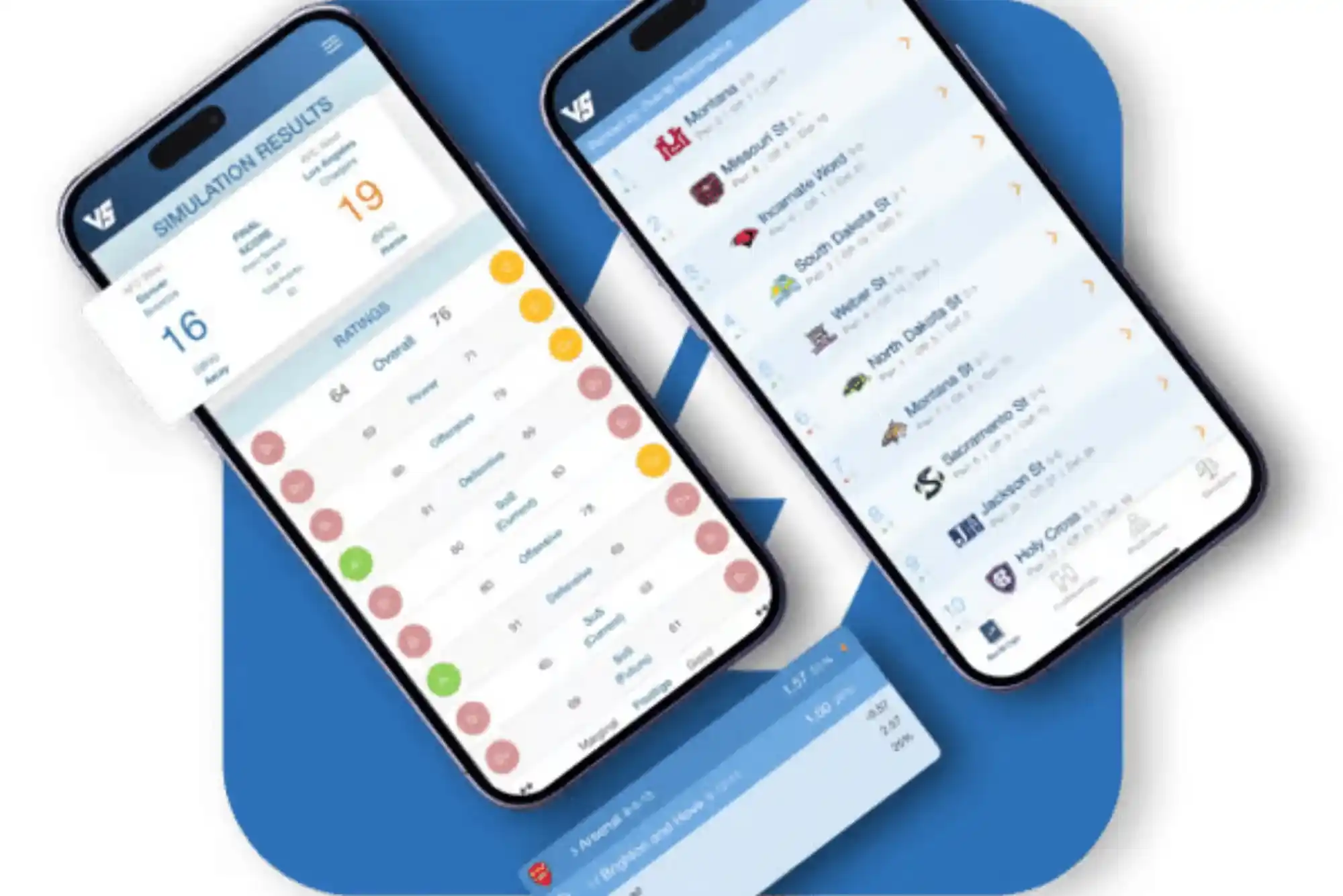The rise of online casinos has transformed the gambling industry. From the comfort of home, players can now spin reels, play cards, and place bets with a few clicks. But with this convenience comes a nagging question: can online casinos ever guarantee truly fair play? Many players remain skeptical, often worried that the digital nature of online games leaves too much room for manipulation. As someone who has spent years analyzing and writing about the industry, I can tell you the answer isn’t straightforward — but there are ways to measure and understand fairness in online casinos.
Understanding What “Fair Play” Means
Fair play in casinos essentially comes down to two things: randomness and transparency. Randomness ensures that every outcome — whether a spin, card draw, or dice roll — is unpredictable and not influenced by hidden factors. Transparency means the casino provides enough information for players to trust that the game isn’t rigged.
Reputable online casinos use Random Number Generators (RNGs) to simulate fairness. Independent auditors and regulators often test these systems to ensure that the outcomes are unbiased. Still, skepticism exists because most players never see these audits firsthand, leaving doubts about whether fairness is consistently upheld. This is where features like licensing, regulatory oversight, and verified game providers become crucial.
The Role of Regulation and Licensing
Fair play is impossible without regulation. Licensed casinos are monitored by authorities such as the UK Gambling Commission, Malta Gaming Authority, or Gibraltar Regulatory Authority. These organizations require casinos to follow strict protocols, including game testing, responsible gambling measures, and clear payout processes.
Players often overlook how much protection licensing offers. An unlicensed casino may promise exciting bonuses and high payouts, but without oversight, there’s no guarantee that its games are genuinely fair. On the other hand, regulated casinos are obligated to provide audit trails and undergo independent testing. This makes them safer — though not flawless — environments for gambling. A good example of where trust intersects with efficiency can be seen in platforms promoting fast payout casinos, where licensing and transparent operations go hand-in-hand with player satisfaction.
RNGs and Why They Matter
At the heart of online casino fairness lies the Random Number Generator. RNGs are algorithms designed to produce random sequences that determine the outcome of a game. For example, every spin of a slot machine uses an RNG to decide which symbols land on the reels.
The challenge is that, while RNGs simulate randomness, they are ultimately software-based. That means they can be tampered with if not properly protected or audited. This is why players are encouraged to stick with well-known software providers such as NetEnt, Microgaming, or Playtech, whose games undergo frequent testing by agencies like eCOGRA or iTech Labs. These certifications are a layer of assurance that the randomness is genuine.
Player Perception and Trust
One of the biggest challenges to fairness isn’t the technology itself, but player perception. Even when games are completely fair, losing streaks often create suspicion. A player might feel the slot machine is “cold” or the dealer in a live casino is “out to get them.” These perceptions stem from natural human bias — we remember losses more vividly than wins.
Casinos can improve trust by offering transparency. For instance, some online platforms now provide “provably fair” systems, especially in crypto casinos, where players can verify the randomness of each outcome through blockchain technology. This innovation pushes fairness beyond trust and into verifiable fact.
Live Dealer Games and the Human Factor
Live dealer casinos add another dimension to fairness. Unlike software-driven games, live casinos use real cards, wheels, and dealers streamed through high-definition video. This gives players more confidence since they can watch the action unfold in real time.
However, even live dealer setups aren’t immune to skepticism. Some players worry about camera angles or dealer behavior. Reputable platforms counter this by using multiple cameras, visible shuffling machines, and clear betting windows. The human element can enhance trust — but it also introduces a need for even stricter oversight.
Payout Speed as a Marker of Fairness
While fairness is often associated with the games themselves, payout speed also plays a role. If a casino delays or complicates withdrawals, players may feel cheated even if the games are fair. Fast and transparent payouts demonstrate respect for players, creating confidence in the casino as a whole.
That’s why many seasoned players specifically seek out platforms that combine fairness with efficiency. A casino that pays out quickly and consistently proves that it values integrity. Delays, on the other hand, are often a red flag for deeper issues with transparency.
Real-World Experiences
I remember trying a small, unlicensed casino years ago that promised generous bonuses. After winning a modest sum, I found myself stuck in a maze of excuses and document requests that dragged on for weeks. Eventually, I gave up. Contrast that with a licensed casino I later joined: when I won, the payout hit my account within 24 hours. That difference wasn’t luck — it was the result of proper regulation, reliable auditing, and customer-focused operations.
Stories like mine aren’t unusual. They highlight the importance of not just focusing on flashy promotions but on the credibility and transparency of the operator.
Can Casinos Guarantee Fair Play?
So, can online casinos ever guarantee truly fair play? The honest answer is: not completely. No system is 100% immune to flaws or corruption. But regulated casinos, certified RNGs, provably fair technology, and fast payouts bring the industry as close to fairness as possible. The key is choosing platforms that put player trust at the center of their operations.
For players, the responsibility lies in doing some research: checking licenses, reading terms, and looking for independent audits. Fair play can’t be taken for granted, but it can be found if you know where to look.
Final Thoughts
Online casinos can’t promise perfection, but they can deliver trust. Fairness is built on strong regulation, transparent auditing, and reliable technology. For players, this means being selective and informed, sticking to licensed operators, and recognizing that fairness is more than just luck at the tables — it’s about how a casino treats you from the moment you join until the moment you cash out.
If you value both fair games and reliable payouts, always look beyond the promotions and ask: does this casino prove it deserves my trust?






